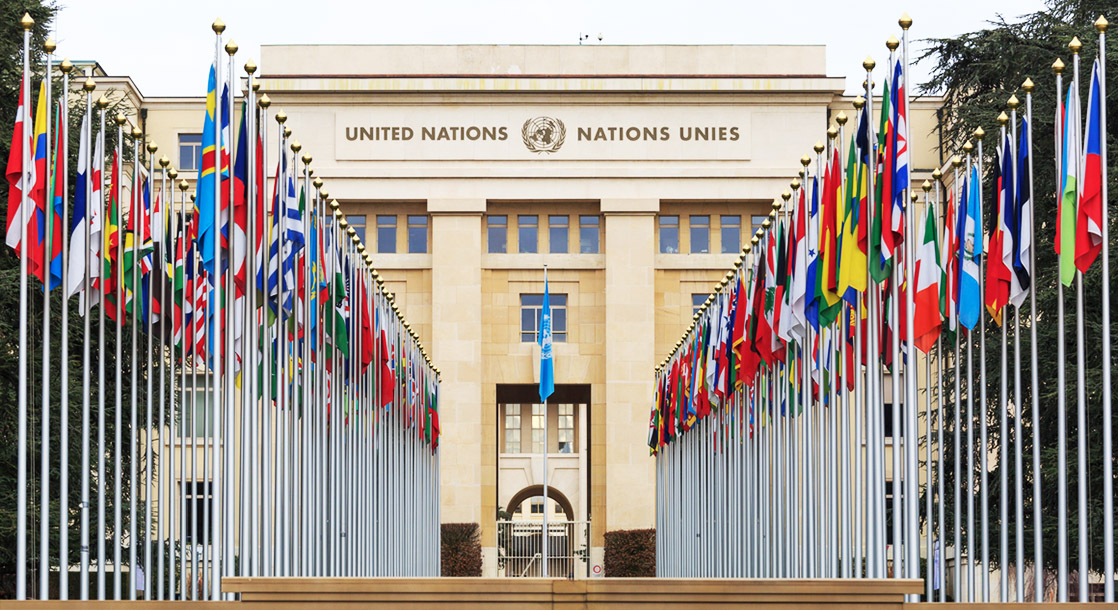A new report by the Global Commission on Drug Policy is calling on world leaders to reclassify all illegal drugs based on a scientific assessment of risk, rather than relying on arbitrary, biased political decisions.
The report details how the current system of international drug classifications has “become subjected to political considerations and an inherent bias towards prohibiting new substances.” The commission explains that countries have increasingly been basing drug scheduling systems on “political choices and benefits for policymakers” instead of allowing scientific evidence to shape their decisions.
“The sharp distinction that is made between legal and illegal substances is the result of a long history of cultural and political domination,” Ruth Dreifuss, chair of the commission, wrote. “It is not based on any scientific assessment of the substances’ potential harms for the people who consume them and for society as a whole, or of their possible benefits for those who use them in a reasonable way.”
Dreifuss noted how many of these illegal drugs “are considered collectively as evil,” a “classification… too often influenced by ideology, prejudice and the discrimination of marginalized populations, not to mention the financial interests of the pharmaceutical industry. Science is rarely part of the decision process — and when it is allowed to offer its recommendations, they are rarely taken into account!”
Since 1961, decisions governing international drug classifications have been made by the UN Commission on Narcotic Drugs (CND). The CND takes recommendations from the World Health Organization (WHO) Expert Committee on Drug Dependence, but the report notes that this process is easily swayed by political biases and lack of information.
Many common drugs, including cannabis, cannabis resin, cocaine, and heroin, have never received an expert evaluation from scientific experts, nor have they been re-evaluated in the past 30 years.
For these reasons, the commission – which includes former heads of states from Mexico, Portugal, Colombia, and 11 other countries, as well as Virgin Megastores entrepreneur Richard Branson – suggests that the UN take a critical review of the drug classification process. The report recommends that the CND should look to the WHO and the medical research community to develop “evidence-based scheduling criteria based on a rational scale of harms and benefits.”
“The international community should recognize that the system is broken,” said Helen Clark, former prime minister of New Zealand and a member of the commission, to The Guardian. “They should recognize the inconsistencies, and it should trigger a review.”
These biased and arbitrary drug classifications have not only caused irreparable harm to millions of individuals arrested for minor drug crimes, but they have restricted many developing nations’ access to medicine. Michel Kazatchkine, former executive director of the Global Fund to Fight Aids, Tuberculosis, and Malaria, said that as much as 80 percent of the global population has been denied access to medicine due to “repression and prohibition-based control systems.”
“We need to think of these things with a fresh outlook,” said Anand Grover, India’s former UN Special Rapporteur on the right to health, to The Guardian. “We can’t go with the cultural biases of the West.”











